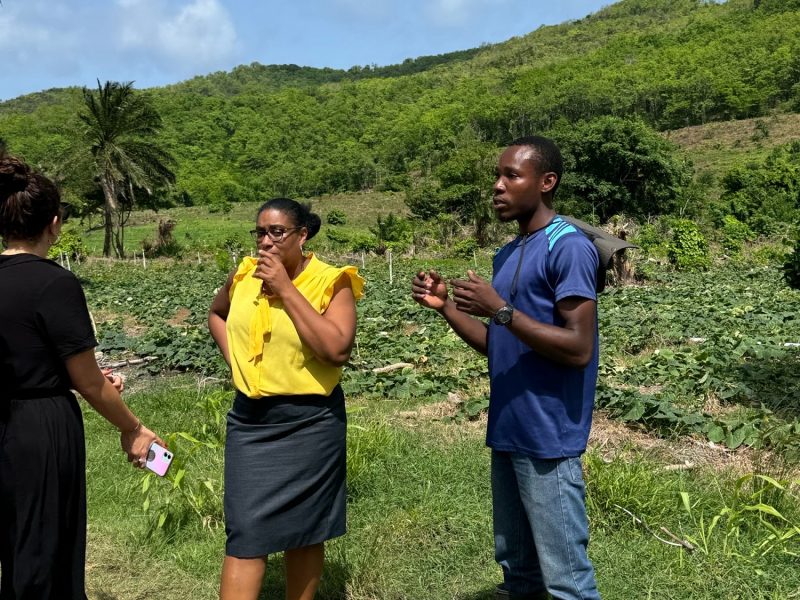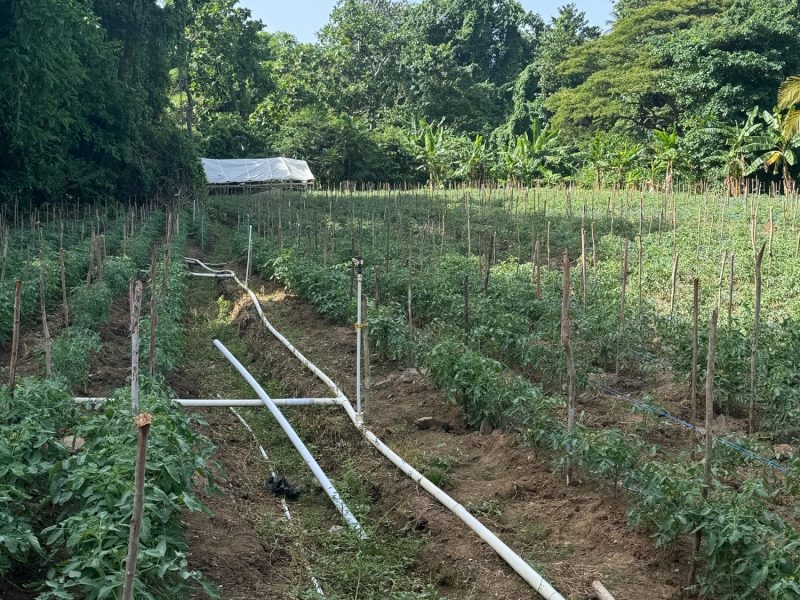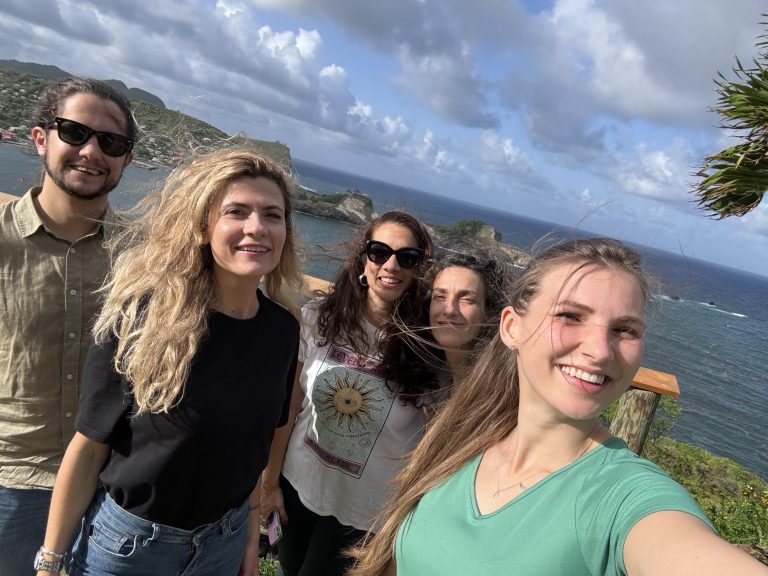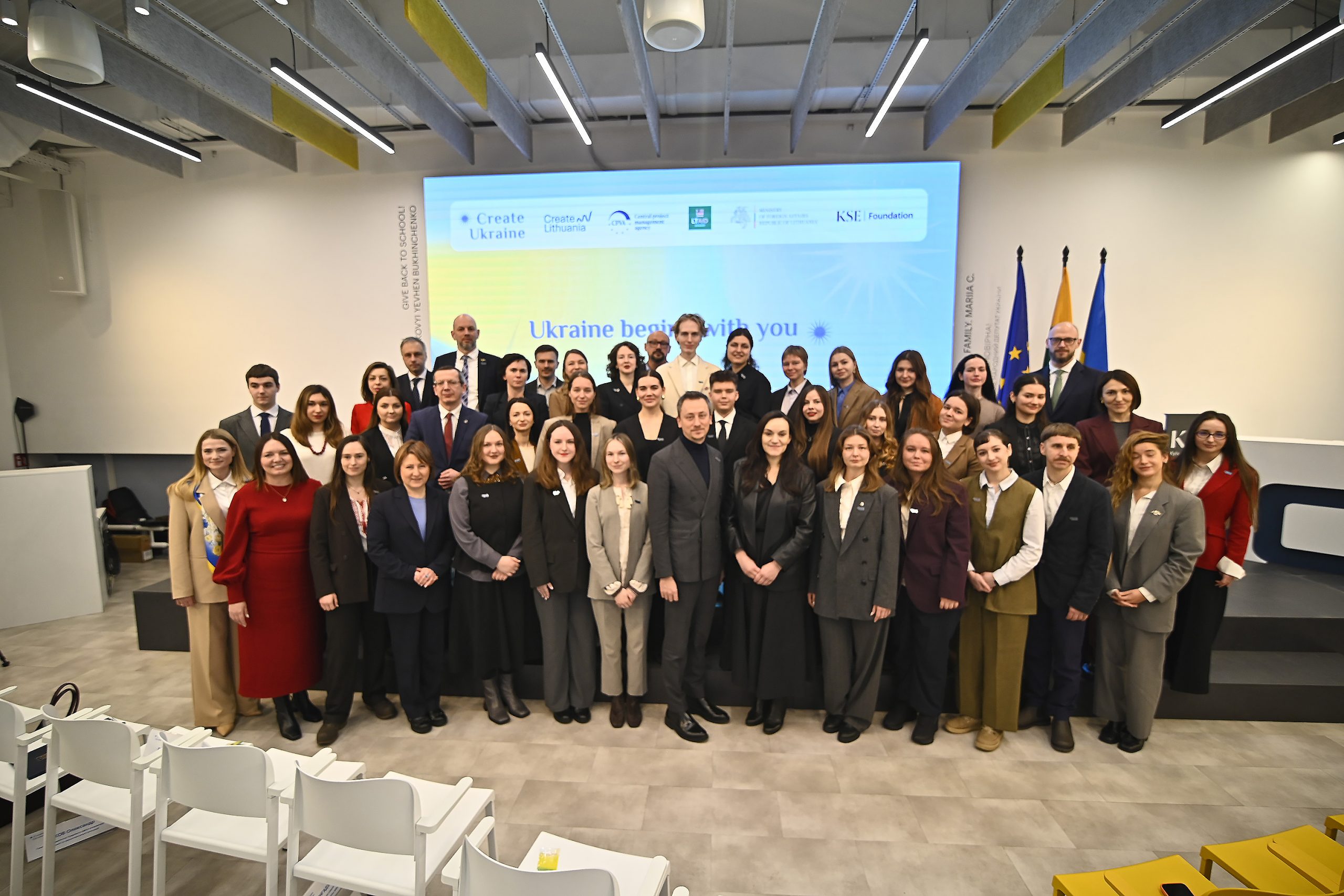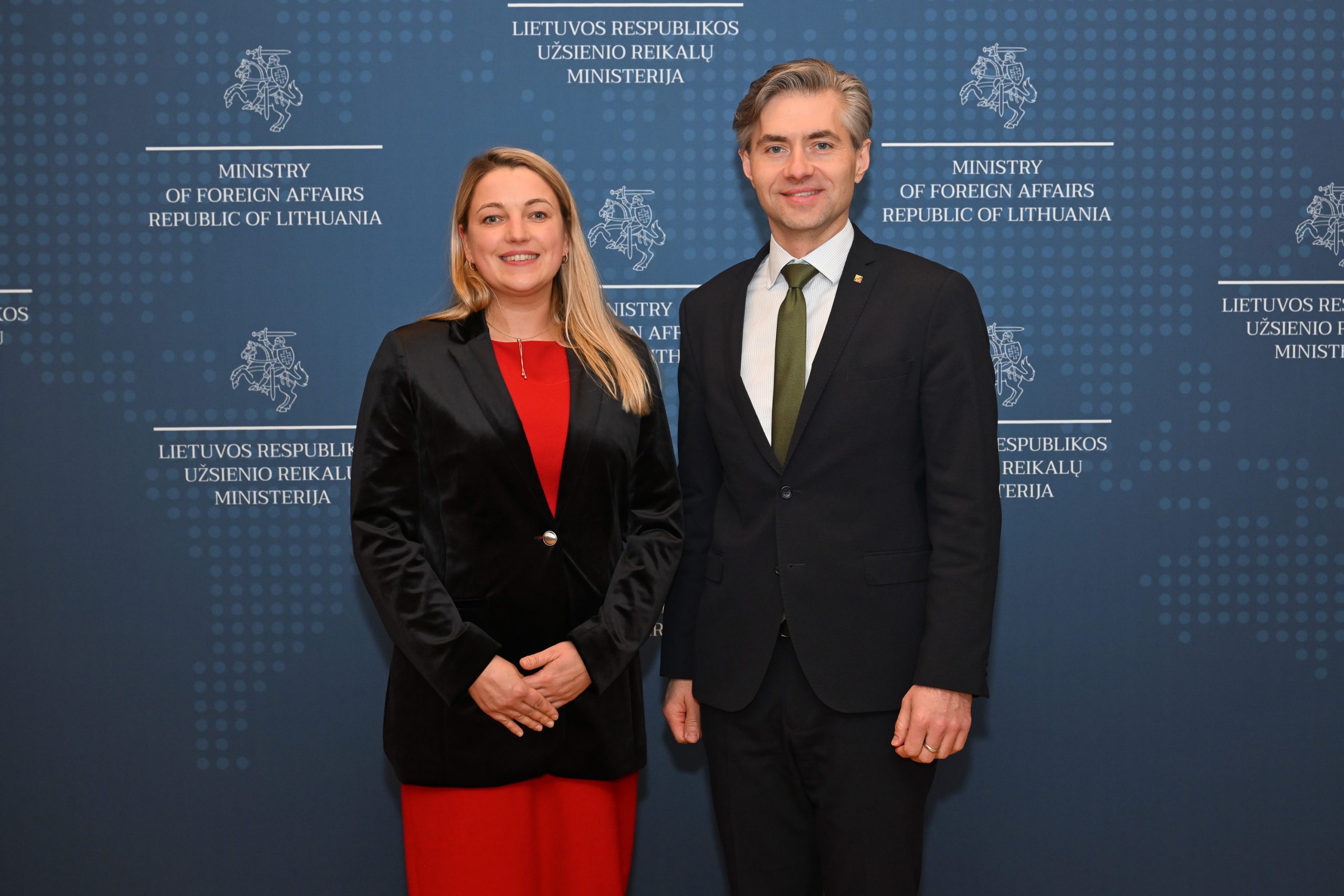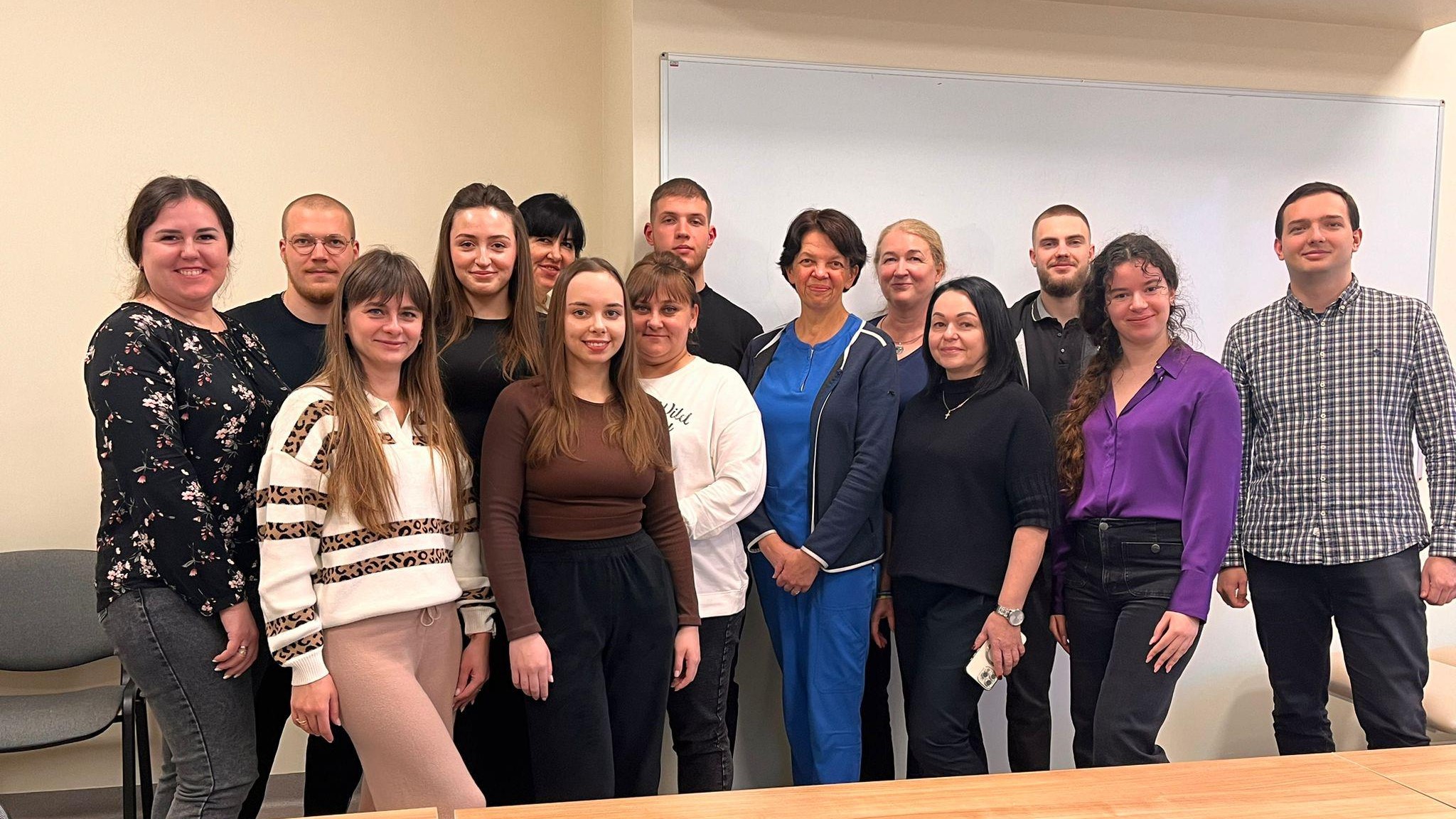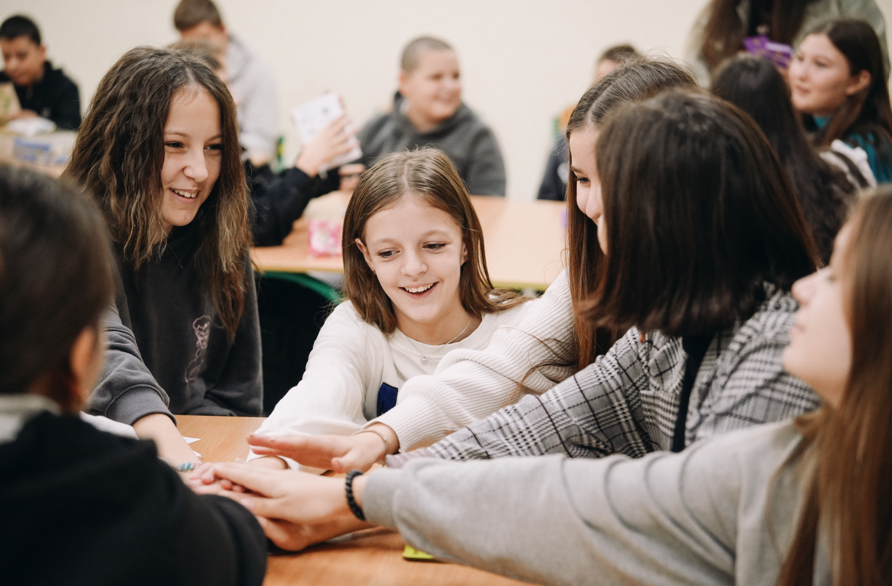Implementing an international project, the Central Project Management Agency (CPVA) along with the European Union delegation and project partner, the Spanish development cooperation agency FIIAPP, undertook a fact-finding mission in the Eastern Caribbean countries in June. During this mission, the team investigated the current state of nutrition, food security, and agriculture in these countries.
Since the beginning of this year, a European Union-funded project has been implemented in several Eastern Caribbean countries: Antigua and Barbuda, Dominica, Grenada, Saint Lucia, Saint Vincent and the Grenadines, and Saint Kitts and Nevis. These small countries, with populations between 50,000 and 200,000, have recently gained independence and are rapidly developing, largely due to tourism. Although the EU no longer offers preferential treatment for banana exports, fruits remain crucial in their agriculture, though they are not accessible to all local residents.
“The project tackles several critical issues: severe obesity among Caribbean people due to poor nutrition, a shortage of farmers, and the high cost of importing vegetables and other products. The COVID-19 pandemic and russia’s war against Ukraine have highlighted the Eastern Caribbean countries’ complete dependence on food imports, revealing their inability to be self-sufficient. These countries import nearly everything and export almost nothing, which makes them very vulnerable,” says Austėja Vilkelytė, Deputy Head of CPVA’s International Development Cooperation Projects Department. Vilkelytė coordinates the project in the Caribbean and has just returned from the mission.
During the mission, it was discovered that imported products in the Caribbean contain especially high amounts of sugar. For example, Coca-Cola in Lithuania has 39g of sugar, but in the Caribbean, it contains 70g. Since these countries started importing sugar, it has significantly harmed the diet of Caribbean people, even affecting young children. Most of the population is overweight and suffers from diabetes, heart disease, or vascular conditions. Poor eating habits begin forming in school.
Agriculture is not popular in these countries, especially among the youth, which reduces the chances of growing healthy and quality food domestically in the future. Young people who do choose farming often lack knowledge and make mistakes by experimenting. Few innovations are introduced in agriculture, leading to high workloads and lower yields. Being a farmer is risky since this profession is not covered by the usual social security system. Water scarcity remains a significant problem for farmers (the government encourages residents to collect rainwater during the rainy season for watering plants and gardens).
The project is being implemented through indirect management. CPVA received the right to implement EU programs and projects this way in 2009 after meeting European Commission standards. It was the first agency in the Baltic States to get the required accreditation (Pillar Assessment) for such projects.
We invite experts in nutrition, food security, and agriculture to join our list of potential international project experts. Please register by clicking this link.
